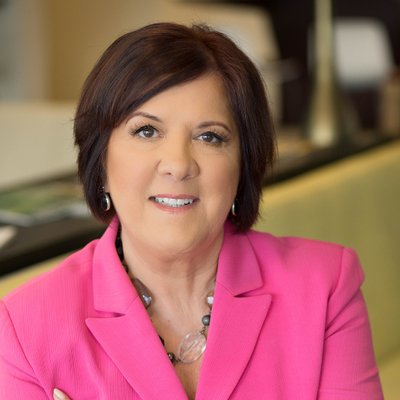The new fiduciary rule from the Department of Labor (DOL) takes full effect in July, 2019. (The deadline was recently extended from January, 2018.) The rule insists that a financial advisor must act within a client’s best interest, rather than in his or her own. Changes already happening will leave some retirement investors scrambling, if they wait too long to make adjustments. Smart business reporters can help their readers get ahead by developing one or more of the following stories:
Shock #1: Teachers aren’t protected
The new rule covers most—but not all—retirement accounts. Individual Retirement Accounts and workplace plans such as 401(k) and 403(b) plans benefit from the rule change, but 403(b) plans for church-related plans and public workers such as teachers don’t. The rule also doesn’t cover a 529 education plan in a plain brokerage account, or taxable accounts funded with after-tax dollars in retirement accounts. These two FAQ bulletins from the DOL—one on the transition period, the other on exemptions—shed more light on the rule change.
Shock #2: Salesmen can get a waiver
The new rule essentially allows some financial professionals to continue doing business as usual. Brokers are allowed to continue recommending only “suitable” (not necessarily “best”) investments for clients—and receiving commissions on these—by signing a waiver known as a Best Interest Contract Exemption (BICE) with the DOL and disclosing potential conflicts of interest.
So-called “wealth managers” and “financial advisors” with little education or training in financial planning don’t have to emphasize the fact that they may be only licensed to sell a specific product. For example: an insurance salesperson selling a fixed-index annuity, and receiving a large commission.
Shock #3: IRAs have a grace period
For the most part, the fiduciary standard is temporary until January 2018. The DOL won’t enforce the fiduciary rule on Individual Retirement Accounts until then, unless an investor believes there’s a conflict of interest in an advisor’s recommendation to roll over money from a workplace plan to an IRA.
Shock #4: Small investors may need a new advisor
Low- and middle-wealth investors may be forced to find a new advisor, if their account is too small. The new DOL rules are expected to increase compliance costs for financial advisors across the board, including fee-only advisors and Registered Investment Advisors. Smaller, independent broker dealers and RIA firms may not have the resources to meet all of the requirements. MetLife and American International Group have already sold off their brokerage operations. There is some excellent advice for small investors on the personal finance site Investopedia.
Reporter’s Resources
• Marcia Wagner of the Wagner Law Group in Boston explains the ramifications for advisors who choose to comply with the DOL’s BICE.
• On forbes.com, Jamie Hopkins, a retirement income expert and tax professor at The American College of Financial Services in the Retirement Income Program and co-director of the American College New York Life Center for Retirement Income, discusses potential impact for both advisors and consumers.
• Kate McBride, founding member of The Committee for the Fiduciary Standard applauds and defends the rule. Contact her at kmcbride@FiduciaryPath.com, (732)241-4988.











